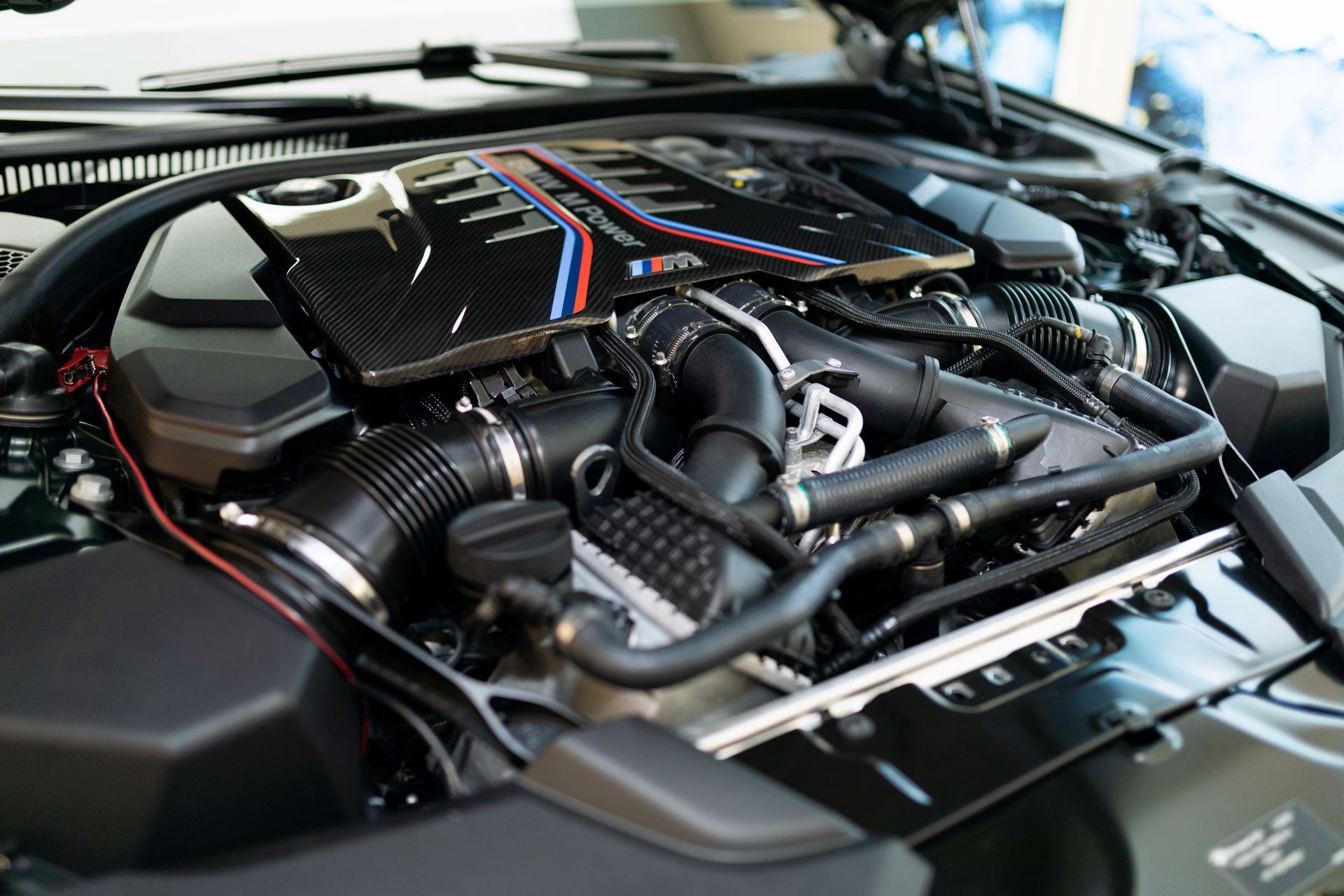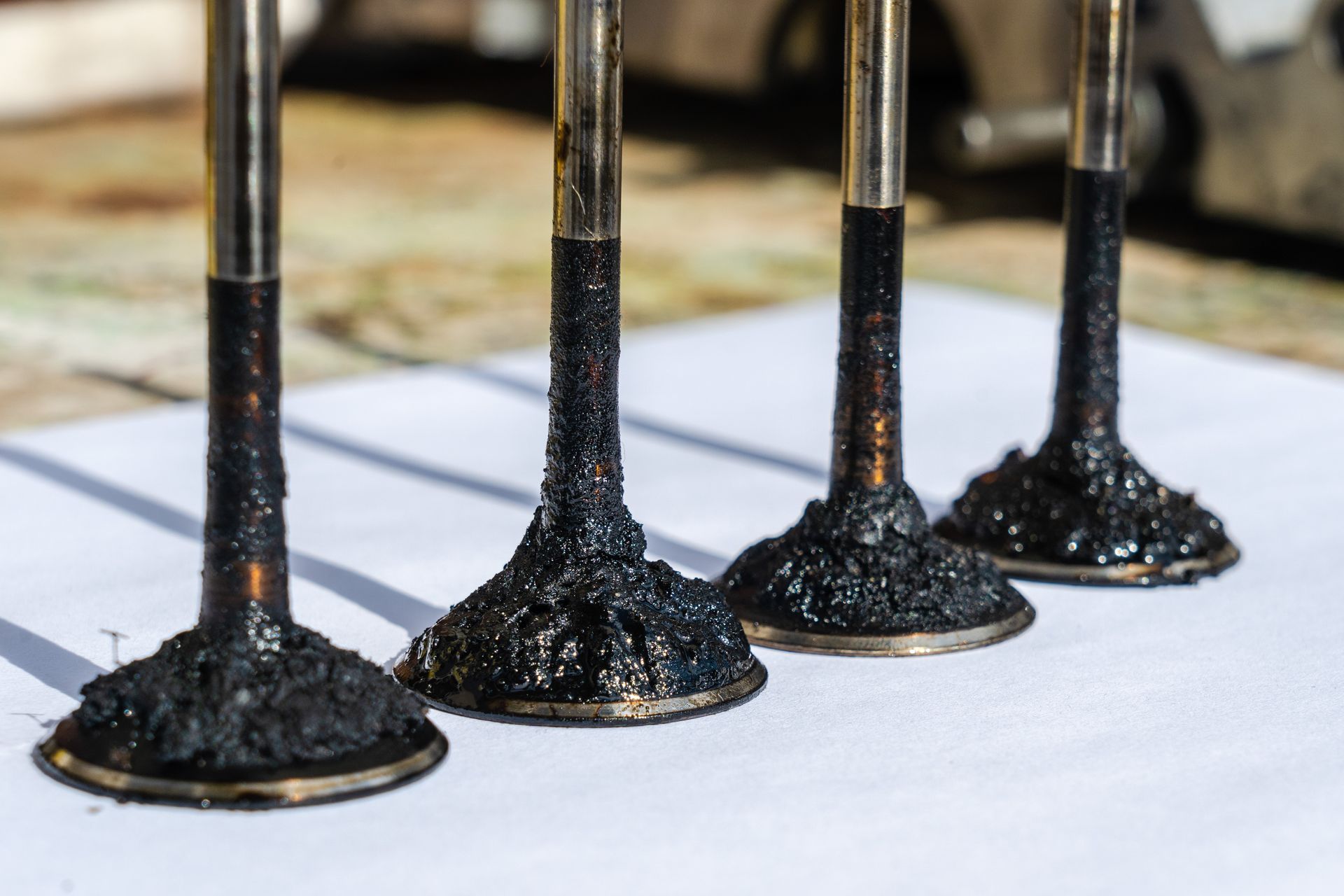European cars reward careful maintenance with crisp performance and long life. They also react quickly when service is skipped or the wrong parts are used. If you want your car to feel tight, quiet, and responsive for years, avoid the traps below. Each one shows up in our bays more often than you might think, and every one is preventable with the right plan.
1. Using Non-Spec Fluids Because “It’s Close Enough”
Engine oil, transmission and DSG fluid, power steering fluid, and coolant must meet the exact specifications listed for your model. The additives in the correct fluid control deposits, protect seals, and keep clutches and pumps happy. A generic substitute can create harsh shifts, noisy lifters, or early leaks. Match the approval on the bottle to the code in your manual, not just the viscosity or color.
2. Stretching Oil Changes on Short-Trip Cars
Modern oils last, but short commutes and lots of cold starts load the crankcase with moisture and fuel. The oil may look clean on the dipstick and still be worn out chemically. That is when timing components, cam followers, and turbo bearings start to complain. If most of your driving is in town, follow a time-based interval even when miles are low, and always use the exact approved oil and filter.
3. Ignoring Battery and Ground Health Until It Will Not Start
Late-model European cars rely on steady voltage for steering assist, throttle control, and every module on the network. A weak battery can trigger warning lights, odd transmission behavior, and intermittent no-start complaints long before it finally dies. Test the battery under load yearly, clean major grounds, and register a new battery when the system requires it so the charging strategy stays correct.
4. Skipping Brake Fluid and Coolant Service
Brake fluid absorbs moisture over time, which lowers its boiling point and corrodes internal components. Coolant manages corrosion in aluminum blocks, radiators, and heater cores. Waiting until a leak appears is too late. Replace brake fluid on schedule to protect ABS components, and renew coolant with the exact approved type to prevent deposits that clog small passages and electric pumps.
5. Delaying Small Oil or Coolant Leaks
A light mist near a valve cover, filter housing, or water pump seems harmless at first. Those small leaks find hot parts, swell rubber, and drip onto belts. Oil on a serpentine belt can make it slip and shred, and coolant seeping near electrical connectors causes intermittent faults that are hard to track. Fixing small leaks early costs less than replacing sensors, wiring, and belt drives later.
6. Treating Warning Lights as “It Still Drives Fine”
Some lights are reminders, others are stop signs. A steady check engine light with normal drivability still deserves a scan and plan. A flashing light signals an active misfire that can damage the catalytic converter quickly. ABS and stability lights usually mean the system has limited itself, which lengthens the stopping distance on slick roads. Addressing warnings while the car still feels normal keeps the repair simple and protects expensive parts downstream.
How to Build a Maintenance Plan That Works
Start with the factory schedule, then adjust for how you drive. Short-trip city cars need shorter oil intervals and more frequent battery checks. Highway commuters can follow mileage limits more closely while watching the calendar. Use the service visit to measure tire wear across the tread, test brake fluid moisture, scan for stored faults, and peek at belt and hose condition. A few extra measurements each time turn routine maintenance into early problem prevention.
Small Habits That Pay Off All Year
Give the car one quiet minute in the driveway each month. Set tire pressures to the door placard, check oil level on level ground, and look for fresh wet spots under the engine and transmission area. Listen for new hums or ticks on the same stretch of road. Catching patterns early avoids surprises and helps your technician go straight to the right system.
Stay Ahead with Eurocharged in Lancaster, NY
Ready to put a smart plan in place for your European car?
Eurocharged follows factory specifications, tests the right items each visit, and fixes small issues before they grow. Call to schedule or book online, then stop by our Lancaster location and drive away with maintenance you can trust and performance you can feel.



